Pagejacking is defined as ‘A form of spamming a search engine’s index (spamdexing) whereby spammers make a copy of a website and use it to redirect surfers to malicious websites.’ This means that a website page (preferably one with a high page ranking) is copied (sometimes with meta-tags) and the traffic is filtered off to another site.
As with likejacking, this scam works because people assume the links are genuine. Why shouldn’t they be? You carry out a search for your item of interest, find a website that looks promising and click on it to find out more. Since you don’t know the website, chances are you won’t even notice that the page has actually redirected you to its competitor, or worse still, a malicious website.
What do scammers get out of it? Many of these websites will direct surfers to illegitimate websites who, when trying to leave, click Back, close windows, etc., and are sent even further into the website. Surfers might also be subject to mousetrapping (an endless series of pop-up ads). All these clicks raise the site’s traffic, which is how pagejackers can make money. In the same light, by copying a page with high page ranking, the pagejacker hopes to benefit by increasing his page ranking, therefore increasing his web traffic and benefitting from the resulting clicks on the affiliate links included in the website.
References:
http://www.tamingthebeast.net/articles4/pagejacking.htm




Leave a Comment